Projects
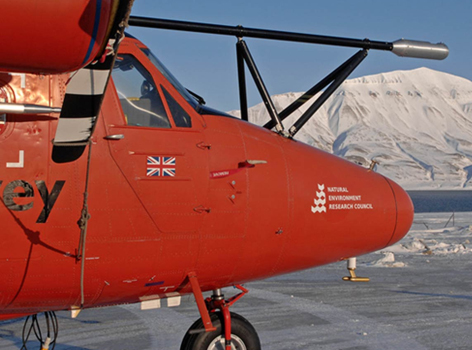
Aerosol cloud coupling and climate interactions in the Arctic (ACCACIA)
A better understanding of cloud and aerosol processes in the Arctic is critical to understanding the polar atmosphere and developing more realistic climate models.
More information on this project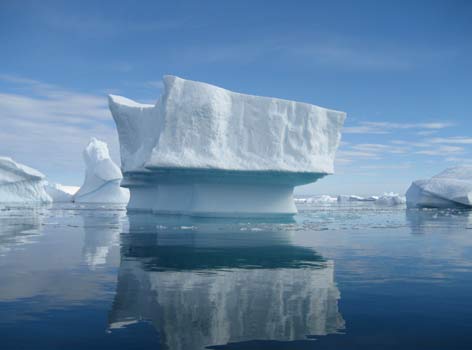
Arctic Predictability and Prediction on Seasonal to Inter-annual Timescales (APPOSITE)
How feasible is it to predict the changes being seen in the Arctic? The APPOSITE team aims to find out using sophisticated computer models and develop better predictive capabilities.
More information on this project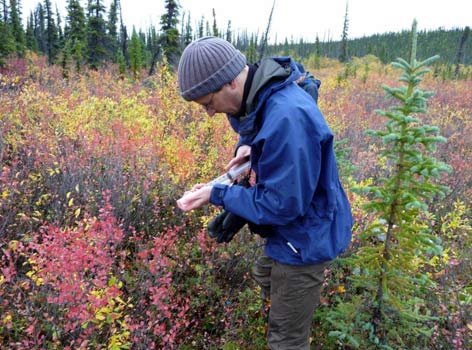
Carbon Cycling Linkages to Permafrost Systems (CYCLOPS)
Arctic warming will release greenhouse gases but will also lead to more the growth of vegetation which generally absorbs carbon emissions. We need to understand how those processes interact.
More information on this project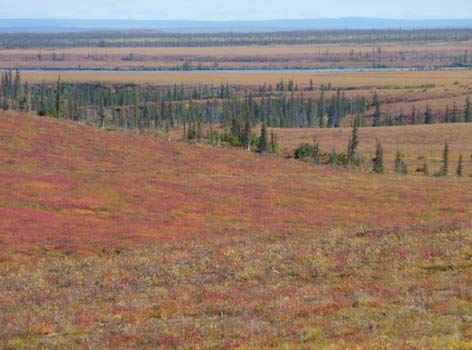
Hydrological Controls on Carbon Cycling and Greenhouse Gas Budgets (HYDRA)
Studying sites in Arctic Canada to investigating the biological, chemical and physical controls on the release of greenhouse gases from permafrost into melt water and to the atmosphere and how these emissions will influence global warming.
More information on this project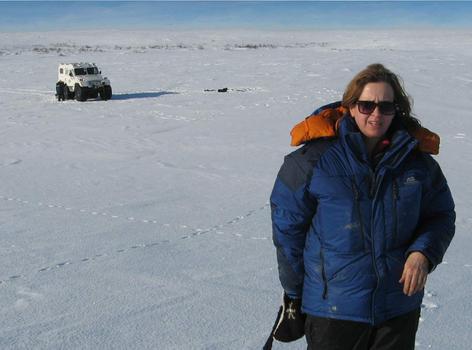
Lakes and the Arctic Carbon Cycle (LAC)
The study of sediment records from Arctic lakes in Russia, Greenland and Alaska to determine vegetation changes associated with past climate warming events, and how these have impacted on the lakes’ role as carbon sinks or carbon emitters.
More information on this project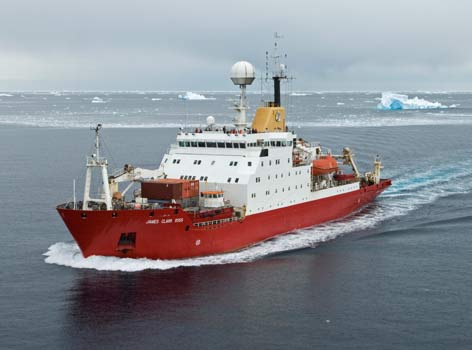
Landslide-Tsunami
Investigating the various ways in which Arctic climate warming could potentially influence the stability of marine sediment slopes and trigger underwater landslides.
More information on this project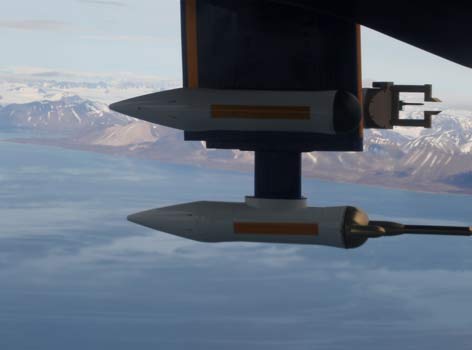
Methane and other Greenhouse Gases in the Arctic: Measurements, Process Studies and Modelling (MAMM)
Methane is a potent greenhouse gas present throughout the Arctic and this project is investigating and modelling its sources, its transport and its role in Arctic atmospheric chemistry.
More information on this project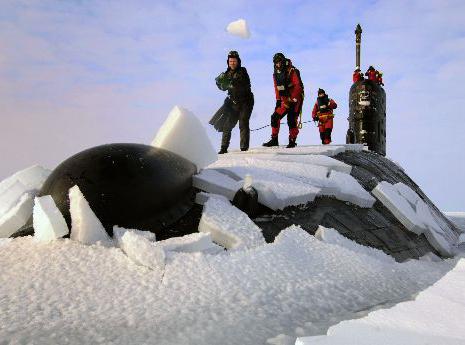
Submarine Estimates of Arctic Turbulence Spectra (SEATS)
Using declassified data from Royal Navy submarines to examine how temporal and regional variations in ice cover affect the patterns of ocean turbulence and circulation in the rapidly changing Arctic Ocean basin.
More information on this project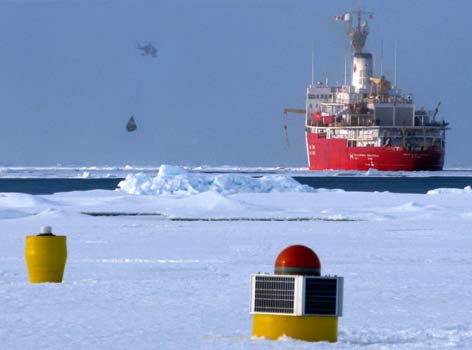
The Environment of the Arctic: Climate, Ocean and Sea Ice (TEA-COSI)
This project aims to reduce the uncertainties in our understanding of how atmosphere, sea-ice and ocean interact to influence Arctic climate and so develop better predictive capabilities.
More information on this project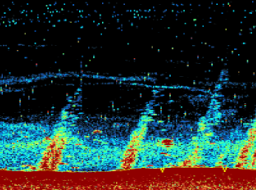
Arctic methane hydrates and climate change
Investigating and modelling how ocean warming can affect the stability of methane hydrates in Arctic Ocean sediments, causing hydrates to thaw and the greenhouse gas methane to be released into the surrounding seawater and the atmosphere.
More information on this project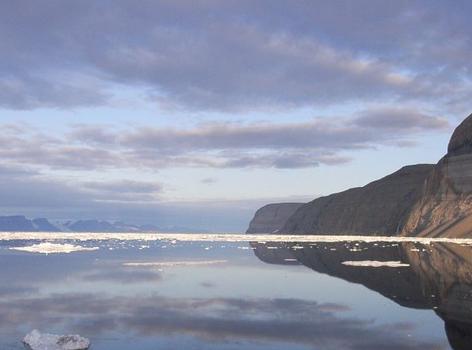
Canadian Archipelago Oceanography
Understanding physical ocean and sea-ice processes in the Canadian Arctic Archipelago, with the goal of improving monitoring efforts and our ability to predict future change.
More information on this project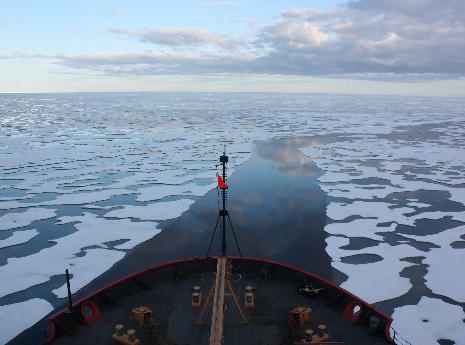
Effects of a warming climate on the key organic carbon cycle processes in the Eurasian Arctic
Understanding the composition and processing of organic carbon deposited within sediments of the shallow Eurasian Arctic shelf seas and how this contributes to the global carbon cycle in a warming Arctic.
More information on this project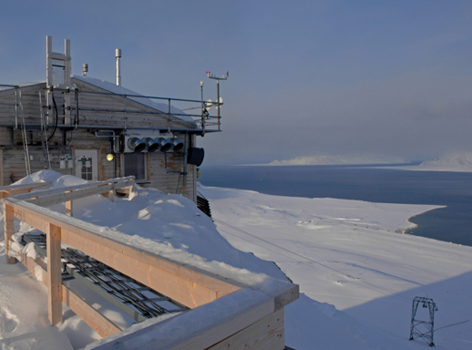
Is the Arctic methane budget changing?
Locating and quantifying major sources of Arctic methane emissions to the atmosphere, to improve understanding of how these emissions may change with regional climate warming.
More information on this project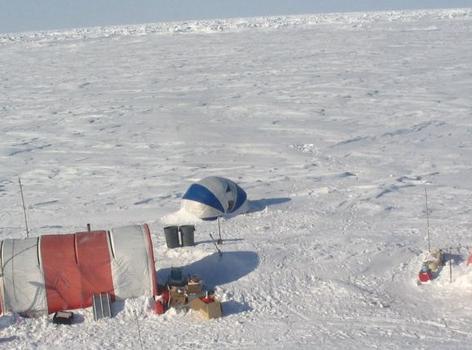
The role of atmospheric, ice and oceanic interactions in the marginal ice zone (MIZ)
The marginal ice zone – where sea-ice and open sea meet and interact - is a complex and poorly understood region which requires further study.
More information on this project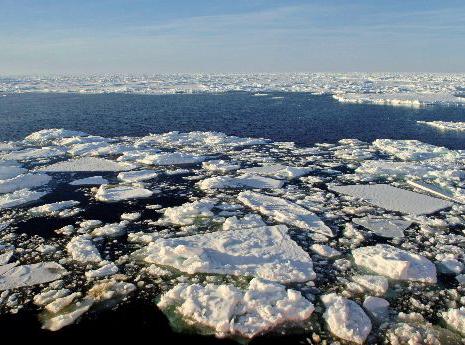
Wave-ice interaction and the marginal ice zone (MIZ-WAVE)
The remarkable scale of summer retreat of sea ice observed in the Beaufort-Chukchi sector of the western Arctic Ocean has resulted in the creation of a genuine seasonal marginal ice zone (MIZ).
More information on this project